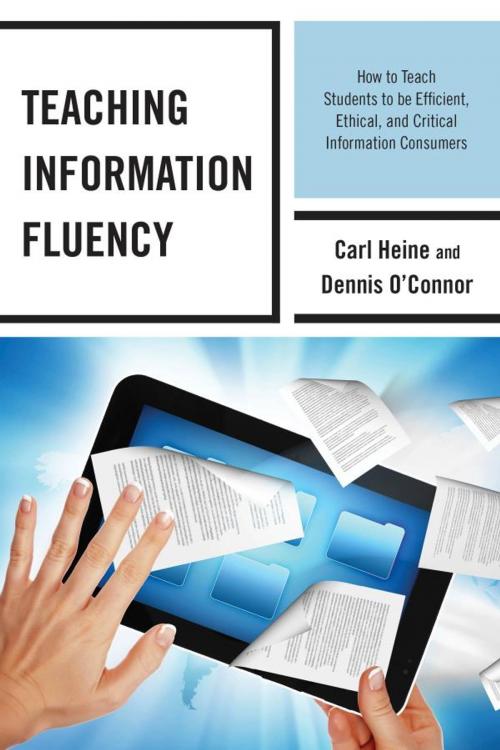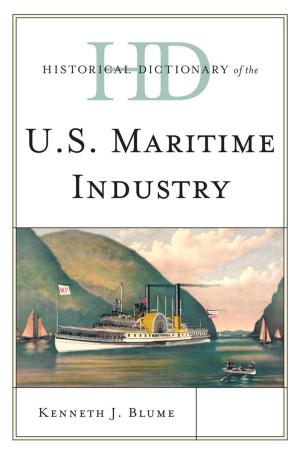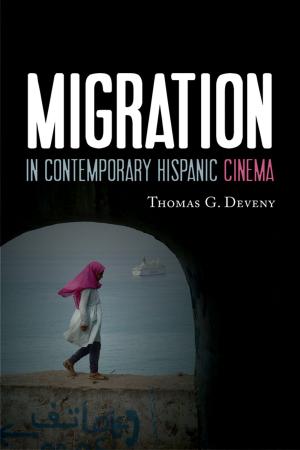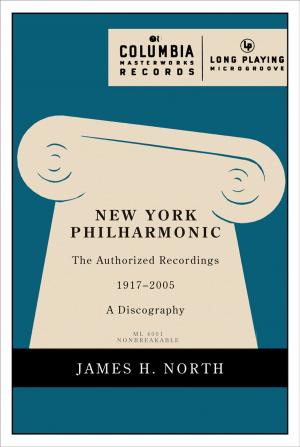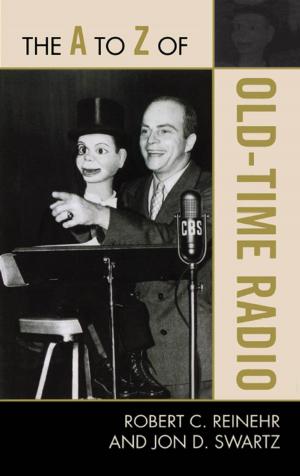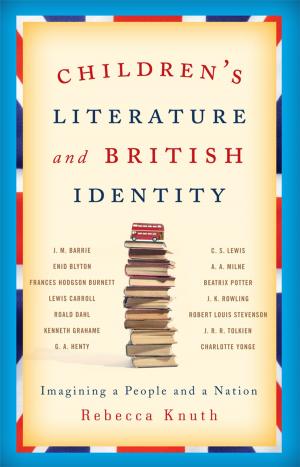Teaching Information Fluency
How to Teach Students to Be Efficient, Ethical, and Critical Information Consumers
Nonfiction, Reference & Language, Language Arts, Library & Information Services, Education & Teaching, Teaching, Teaching Methods| Author: | Carl Heine, Dennis O'Connor | ISBN: | 9780810890633 |
| Publisher: | Scarecrow Press | Publication: | November 14, 2013 |
| Imprint: | Scarecrow Press | Language: | English |
| Author: | Carl Heine, Dennis O'Connor |
| ISBN: | 9780810890633 |
| Publisher: | Scarecrow Press |
| Publication: | November 14, 2013 |
| Imprint: | Scarecrow Press |
| Language: | English |
Teaching Information Fluency describes the skills and dispositions of information fluency adept searchers. Readers will receive in-depth information on what it takes to locate, evaluate, and ethically use digital information.
The book realistically examines the abilities of Internet searchers today in terms of their efficiency and effectiveness in finding online information, evaluating it and using it ethically. Since the majority of people develop these skills on their own, rather than being taught, the strategies they invent may suffice for simple searches, but for more complex tasks, such as those required by academic and professional work, the average person’s performance is adequate only about 50% of the time.
The book is laid out in five parts: an introduction to the problem and how search engine improvements are not sufficient to be of real help, speculative searching, investigative searching, ethical use and applications of information fluency. The intent of the book is to provide readers ways to improve their performance as consumers of digital information and to help teachers devise useful ways to integrate information fluency instruction into their teaching, since deliberate instruction is needed to develop fluency. Since it is unlikely that dedicated class time will be available for such instruction, the approach taken embeds information fluency activities into classroom instruction in language arts, history and science.
Numerous model lessons and resources are woven into the fabric of the text, including think-alouds, individual and group search challenges, discussions, assessments and curation, all targeted to Common Core State Standards as well as information fluency competencies.
Teaching Information Fluency describes the skills and dispositions of information fluency adept searchers. Readers will receive in-depth information on what it takes to locate, evaluate, and ethically use digital information.
The book realistically examines the abilities of Internet searchers today in terms of their efficiency and effectiveness in finding online information, evaluating it and using it ethically. Since the majority of people develop these skills on their own, rather than being taught, the strategies they invent may suffice for simple searches, but for more complex tasks, such as those required by academic and professional work, the average person’s performance is adequate only about 50% of the time.
The book is laid out in five parts: an introduction to the problem and how search engine improvements are not sufficient to be of real help, speculative searching, investigative searching, ethical use and applications of information fluency. The intent of the book is to provide readers ways to improve their performance as consumers of digital information and to help teachers devise useful ways to integrate information fluency instruction into their teaching, since deliberate instruction is needed to develop fluency. Since it is unlikely that dedicated class time will be available for such instruction, the approach taken embeds information fluency activities into classroom instruction in language arts, history and science.
Numerous model lessons and resources are woven into the fabric of the text, including think-alouds, individual and group search challenges, discussions, assessments and curation, all targeted to Common Core State Standards as well as information fluency competencies.
